Description
ABSTRACT
Public-Private Partnerships in Infrastructure Development: Lessons from South Africa
Dr. Mubaraq Adekilekun* & Dr. Ching Gan**
The law and policy developed for Public-Private Partnership (PPP) in South Africa place it amongst the leading countries in the field of PPPs in the world. The legal and institutional frameworks that govern PPPs are comprehensive, and encompass detailed provisions for procurement and monitoring of PPP Projects. These have helped to boost public service record in the delivery of PPP projects in recent years, and the project pipeline has continued to increase both in number and value-for-money principles that they contain. This article focuses on PPPs in South Africa. It analyses the legal and institutional framework governing PPPs, and draws lessons which can be beneficial to other developing nations in developing their infrastructure through PPP.
INTRODUCTION
The government of the Republic of South Africa recognises the fact that infrastructure investment is a key priority if the country is to achieve its desired growth potential. It is a key pillar of the National Development Plan1 and the New Growth Path2 and provides a mechanism to support economic transformation, national growth and job creation.
By a developing country standard, South Africa has developed infrastructure such as roads, water, dams and health facilities, but investments in key economic infrastructure such as energy have lagged behind domestic demand.3 In addition to this, the bulk of the existing infrastructure such as roads, railways and ports need adequate investment on maintenance and upgrading. As part of the strategic approach to building economic resilience in South Africa, the investment and participation of private investors are considered as cardinal to the growth and development of the nation. The country is now on a development plan to remedy the poorly implemented infrastructure plan during the apartheid years, and to meet the demands of a growing economy and population4 if the government is to successfully lay a solid foundation for growth and development, reduce poverty and provide decent work for all South Africans. In the year 2012, the cabinet established the Presidential Infrastructure Coordinating Commission to tackle the challenge of infrastructure deficit being faced by the country in recent times.5 Its mandate amongst others are to plan and coordinate a national infrastructure plan, backed by the necessary political will to synergise infrastructure planning and implementation across all spheres of government, state agencies and private partners.
* Ph.D. Lecturer, Department of Business Law, Faculty of Law, University of Ilorin, Nigeria
** Associate Professor, Faculty of Business, Curtin University, Sarawak, Malaysia
- According to the NDP, it is the aim of the government of South Africa that by the year 2030, the country would have eliminated poverty and reduce inequality to a minimal level. The government seeks to realise the above stated goals by building capabilities, growing an inclusive economy, promoting leadership, enhancing the capacity of the state and promoting public private cooperation
- This programme was launched by President Jacob Zuma in 2009. This initiative’s main aims are to create decent work, reduce inequality and poverty and attract more investment for South Africa
- Infrastructure Investment Key to improving Service Delivery. accessed 16 May 2014
- Infrastructure Development in South Africa accessed 13April 2014
- The cabinet set up the Presidential Infrastructure Coordinating Commission (PICC) whose objectives among others is to bring together representatives of the three spheres of government for development cooperation. The PICC’s mandate is to develop a 20 year infrastructure pipeline, to ensure forward planning of infrastructure development and curtail the stop-start syndrome around building infrastructure. Over the Medium-Term Expenditure Framework (MTEF) period, R845 billion has been approved and budgeted for public sector projects with some R300 billion in the energy sector and R262 billion allocated to transport and logistics projects

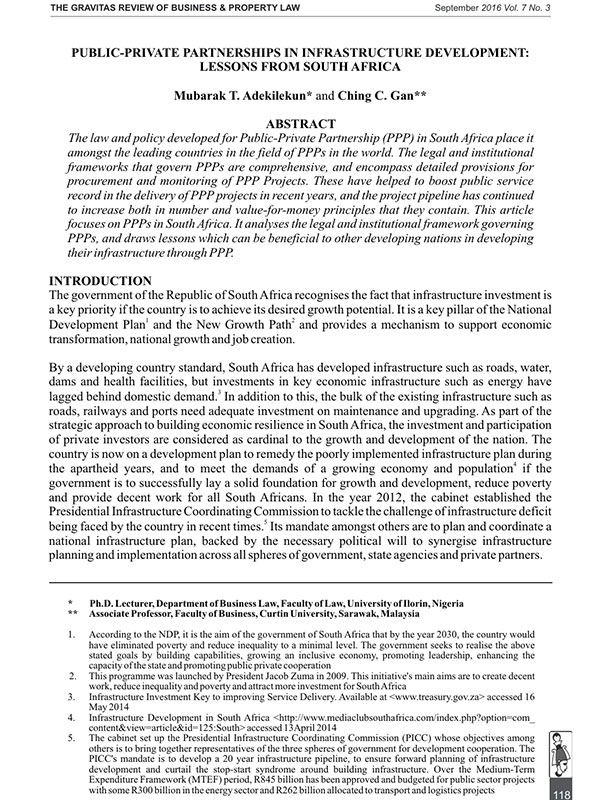
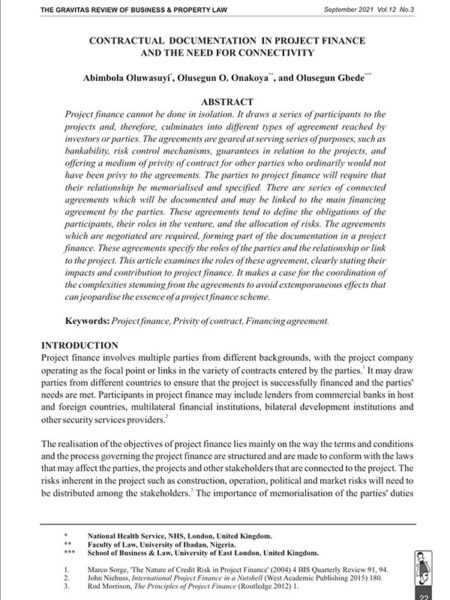
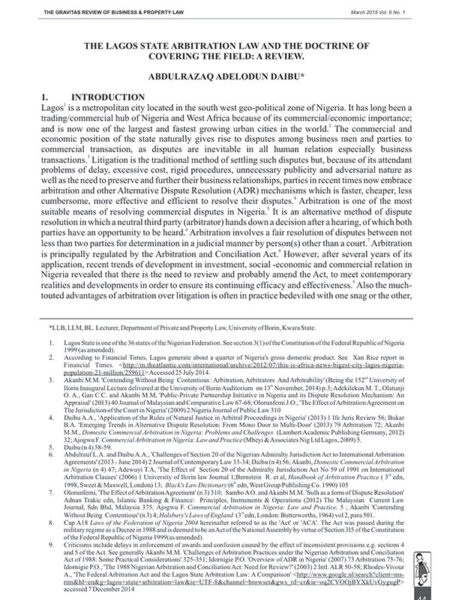
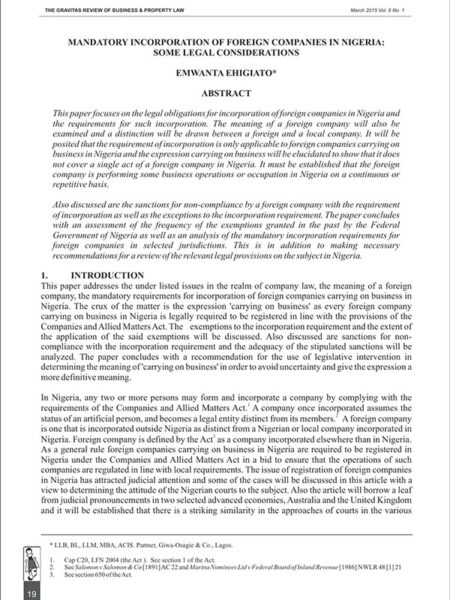
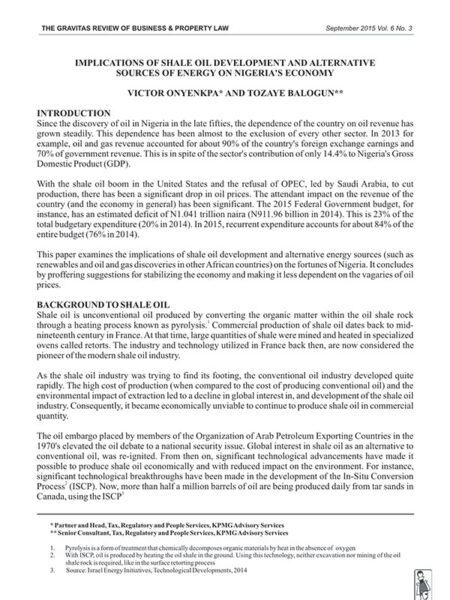


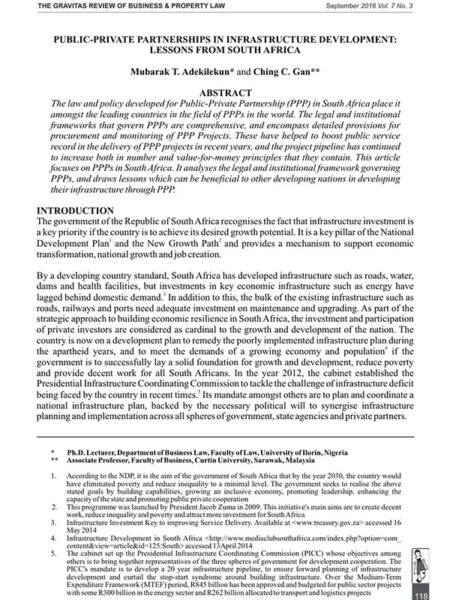
Reviews
There are no reviews yet.